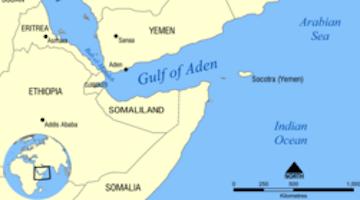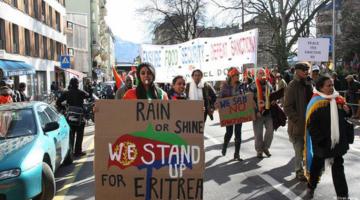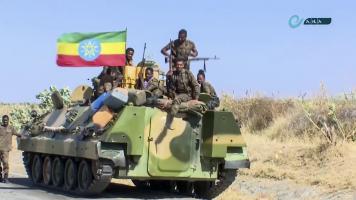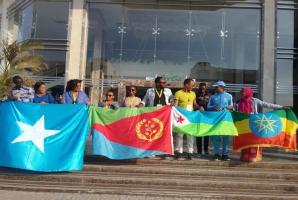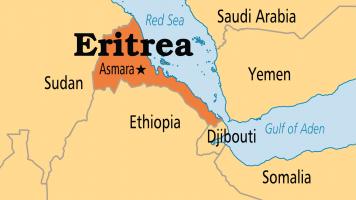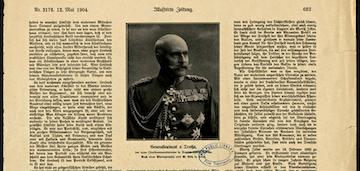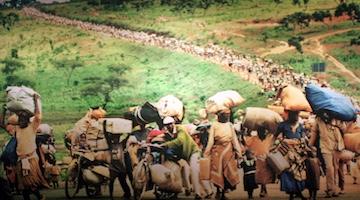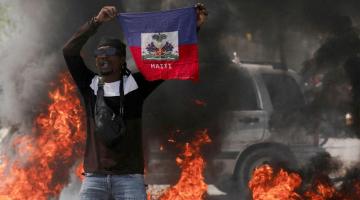The US is falsely accusing Ethiopia and Eritrea of hindering food aid and committing genocides in the ongoing war in Tigray. The charges are false and the US has no right to make such a claim on its own. Ann Garrison continues reporting from the region.
During the Obama Administration, the excuse for US wars of aggression shifted from the War on Terror to the so-called humanitarian wars to stop genocide and mass atrocities, which were then championed by top Obama officials Samantha Power and Susan Rice. The US and NATO destroyed Libya and began the relentless bombing of Syria “to stop genocide.”
In November 2020, Ethiopians and Eritreans began to fear—with good reason—that they’ll be next. That fear continues today, as the US threatens them with an illegal “legal designation of genocide” in Ethiopia’s Tigray Region.
I’m still writing from Ethiopia, specifically from Bahir Dahr, the capital of Amhara Region, today. Water politics are essential in the Horn and the wider region, so I hear about them every day. As a result, I’ve only recently learned that, during NATO’s war on Libya, it deliberately destroyed that country’s water infrastructure, a war crime under the Geneva Convention. The destruction of Libya was itself an international crime, the destruction of its water infrastructure a crime within that crime.
Black Agenda Report readers are no doubt aware of this, but before going on, I should nevertheless note that according to international law, only the UN Security Council (UNSC) has the international legal authority to rule that genocide, war crimes, or crimes against humanity are happening or have happened. According to the UN Charter, the UNSC can then organize a multilateral military response or refer cases to the International Criminal Court. U.S. policymakers’ claim to have the legal right to “legally designate” the international crimes which they themselves are most guilty of is just more of the arrogance of power in pursuit of global hegemony.
As I write this I remember Minnesota Congresswoman Ilhan Omar, on the House Foreign Affairs Committee, asking a State Department official how close they are to a “legal designation” that Ethiopia and Eritrea are committing genocide in Tigray. I remember a State Department official replying, essentially, that they’re still working on that. In other words, that they’re still hanging it over Ethiopia and Eritrea’s heads.
Congressman Brad Sherman can’t wait
In a Congressional hearing last week, California’s 30th District Congressman Brad Sherman repeated his demand that the State Department issue that "legal designation" that both Ethiopia and Eritrea are committing genocide by blocking food aid convoys to the country’s Tigray Region, so as to justify the use of military force against both. Sherman wants Biden to deploy the U.S. Navy to block Eritrea’s ports, Massawa and Assab, which would be an act of war in violation of international law:
“I’ve suggested ways to pressure the Ethiopian and especially, and particularly, the Eritrean government, which has, of course, the ports that could be used, particularly by interrupting sea traffic going, you know, even hundreds of miles away from Eritrea. And I think a determination of genocide would spur our administration to do more than simply send harsh letters to Addis Ababa and Asmara . . . Only the Administration can provide the pressure, and only the Administration can use the US Navy to put additional pressure on the two countries involved.”
There is no siege of Tigray
This week New Zealand journalist Alastair Thompson and I both returned from Ethiopia’s Afar Region, where we saw aid convoys traveling on the Djibouti-Ethiopia Highway to Mekelle, the capital of Tigray. In Semara, I spoke to Kenyan convoy drivers returning from Mekelle, who said that they had traveled unhindered from Nairobi to Addis Ababa and then to Mekelle to deliver aid for the International Committee of the Red Cross.
I asked Alastair Thompson to describe aid convoys he saw while traveling north to Abala, a town on Afar Region’s border with Tigray Region.
Alastair Thompson: I traveled north on Saturday, the 14th of May, to Abala, which is on the border with Tigray, as you point out, and where there has been significant amounts of conflict. And on the way I saw a large number of trucks driving up. We drove past them because they were traveling more slowly than we were. And on the following day, when we returned, we saw more trucks traveling up and we also saw a large convoy staged at Silsa, about maybe 100 kilometers from Semara that was about to depart from Mekelle.
AG: Did you see any sign that the convoys were being hindered?
AT: None whatsoever. After the convoys depart from Silsa, the security is fairly simple. There are a series of checkpoints, not that many of them, at different intervals along the road manned by the Afar. There's no sign of the Ethiopian army in the area. And there seems to be a very orderly running of the convoys.
And my understanding is that over the past couple of weeks there have been a lot more convoys than there have been in the past.
AG: Are there scanners?
AT: Yes. The scanners are outside Semara at a place called Sardo, which all the trucks have to go through. They’re large scanners that the trucks have to drive through and they're capable of identifying electronic devices and metal and so forth—contraband. All the trucks have to pass through those before they reach Silsa and the staging point and they are guarded from there, and then they depart for Mekelle.
AG: So Brad Sherman's claim that the trucks are being stopped from traveling on to Mekelle seems unfounded to you?
AT: That's completely unfounded in terms of the current situation. To the extent that there have been blockages this year, they were caused entirely by the TPLF’s own invasion and occupation of the northern Afar Region.
Ann Garrison is a Black Agenda Report Contributing Editor based in the San Francisco Bay Area. In 2014, she received the Victoire Ingabire Umuhoza Democracy and Peace Prize for her reporting on conflict in the African Great Lakes region. She can be reached at ann(at)anngarrison.com.



